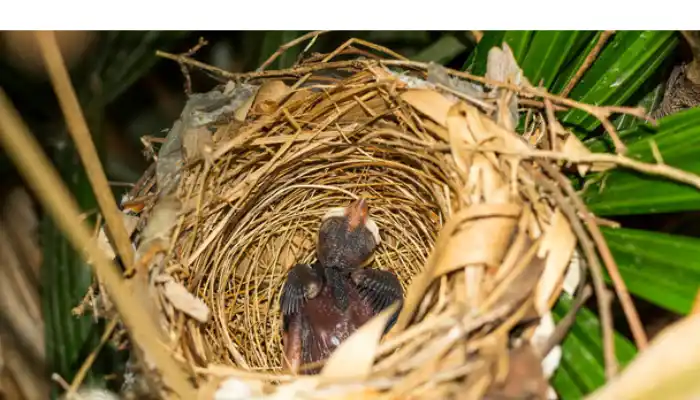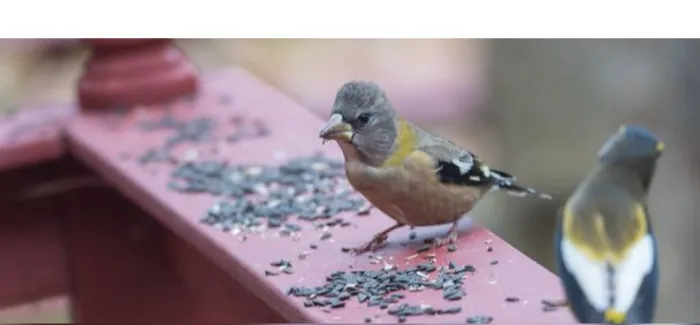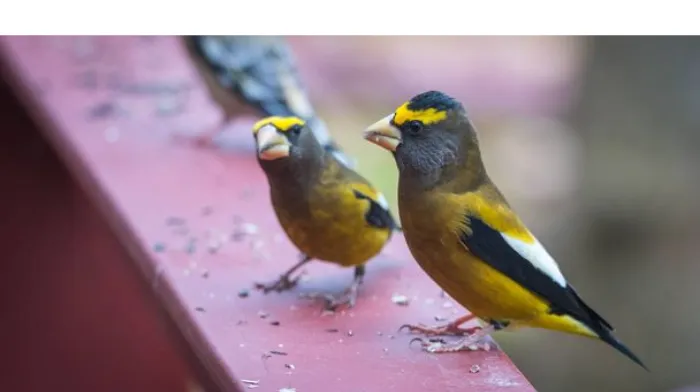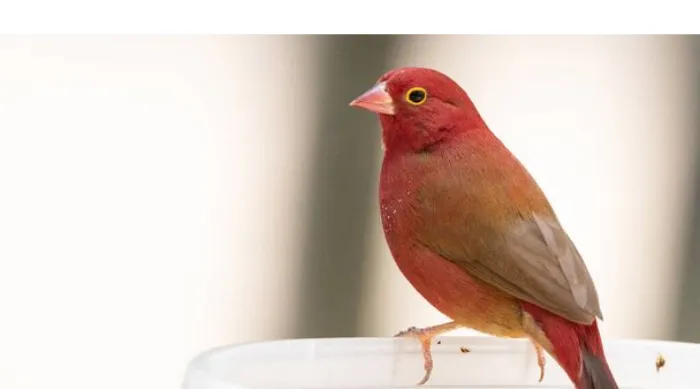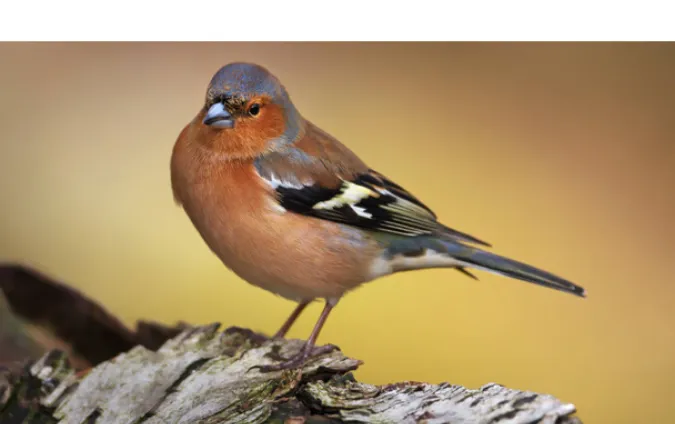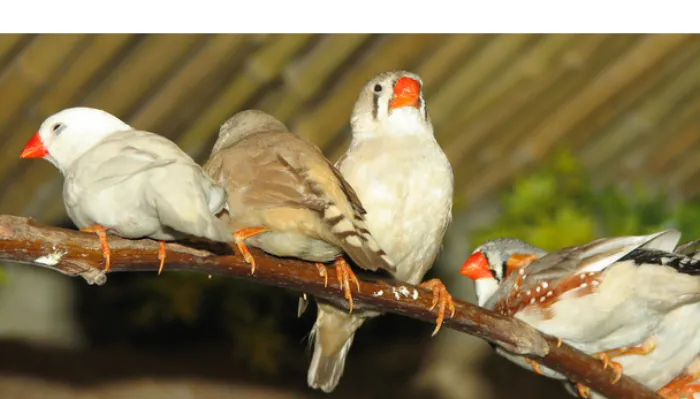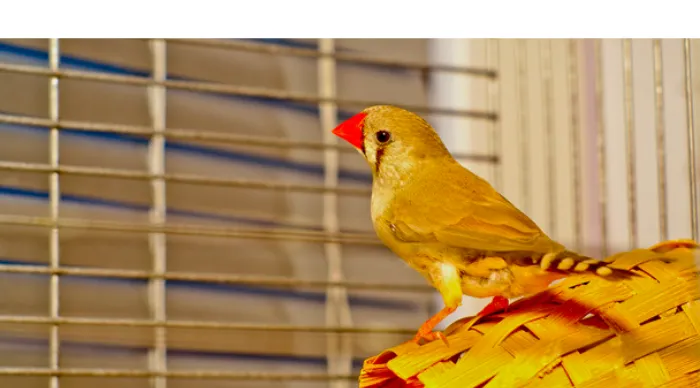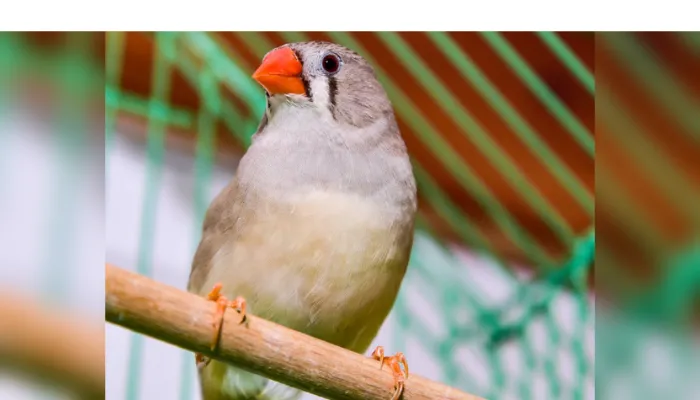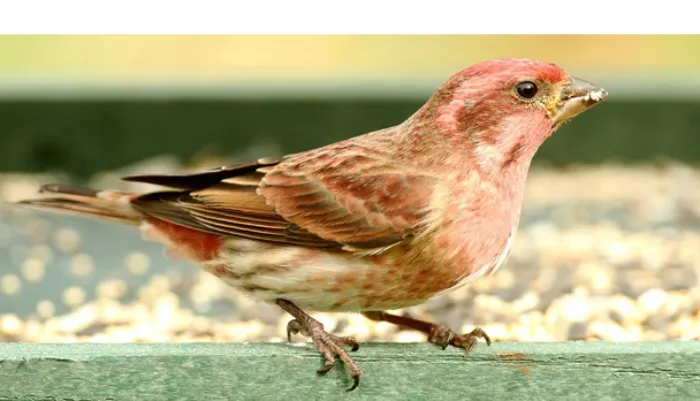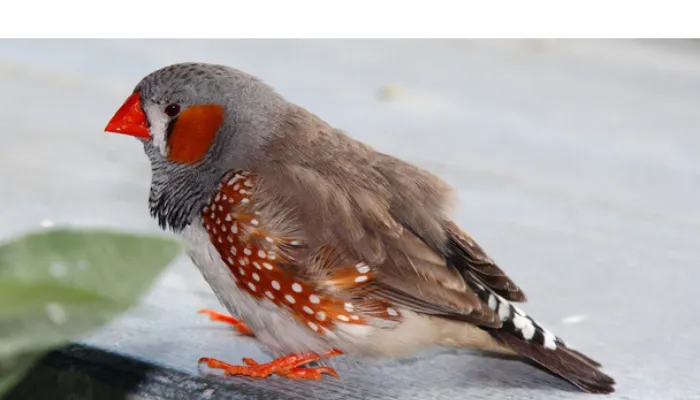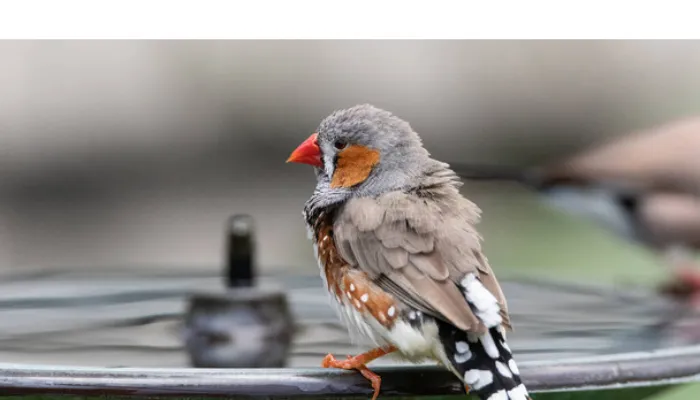Welcome to a topic that often bewilders bird enthusiasts and casual observers alike: finches throwing their babies out of the nest.
You may have stumbled upon this subject due to sheer curiosity or because you’ve personally witnessed such an event.
Either way, understanding the behaviors and underlying reasons for this occurrence can be both enlightening and critical.
In this comprehensive blog post, we will delve into why finches may eject their young, how human intervention can help and hinder, and practical tips for prevention and care.
Quick Answer
So, you’ve caught wind of this peculiar behavior: finches throwing their babies out of the nest, and you’re probably wondering why they would do that?
The quick and dirty is that this can happen for a variety of reasons:
- Health Issues: Sometimes, parents can sense that a chick is unwell and will remove it to focus on the healthier siblings.
- Overcrowding: A nest can only hold so many chicks. Parents may have to make the tough decision to make room for the fittest.
- Stress or Disturbance: External factors like predators or human interference can spook the adult finches, leading to erratic behaviors.
Why do finches throw their babies out of the nest?
Often, it boils down to natural instincts for survival, and believe it or not, sometimes it’s a well-intentioned (though harsh) act of parenting.
Understanding Finch Behavior
When it comes to finches throwing their babies out of the nest, understanding the behavior of these feathered creatures is crucial. Let’s break it down into two main categories:
Parental Instincts vs. Disturbances
First and foremost, finches are hardwired by Mother Nature to act in the best interest of their species. Parental instincts guide these birds in what might seem like cruel actions but are often geared toward the survival of the fittest.
On the other hand, external disturbances, such as a looming predator, could cause these birds to act in haste.
Do House Finch babies come back to the nest?
Generally, no. Once a chick has been ejected or has fledged, it’s unlikely to return to its original nest.
Role of External Factors
While natural instincts play a significant role, external elements like weather, the condition of the nest, or even proximity to humans can affect this behavior.
A noisy neighborhood sudden changes in temperature—these all could be stressors that trigger an adult finch to eject a chick.
Why do finches abandon their eggs?
Abandonment of eggs could occur for reasons similar to ejecting chicks. It could be due to the health of the eggs, stress, or an environment that’s not conducive for rearing young.
Curious about how this relates to egg-laying symptoms? Check out our guide on symptoms before a finch lays eggs for more insights.
Human Intervention: When and How
Now let’s delve into what you can do—if anything—when encountering such a situation.
Assessing the Situation
Before swooping in like a superhero, assessing the situation is essential. Is the chick injured? Is the parent bird nearby? Rushing to the rescue without proper knowledge can do more harm than good.
Proper Techniques for Re-Nesting
So you’ve decided that intervention is necessary. Great! But hold your horses—there’s a right way to go about this.
Utilizing proper techniques for re-nesting can mean the difference between successful reintroduction and further distress for the finch family.
Why do you have to separate baby finches from parents?
Separation can prevent the spread of disease to other family members if a chick is sick or injured. But this should be a last resort and carried out under proper guidance.
Impact on the Finch Family
You might wonder, “Okay, a chick got thrown out, but what does that mean for the rest of the family?” Excellent question. Let’s explore the aftermath of such events.
How Does It Affect the Remaining Chicks?
Believe it or not, the removal of one chick might actually benefit the remaining siblings.
Fewer mouths to feed often means more nutrients and attention for those still in the nest. It’s a tough part of the survival game, but it can improve the odds for the remaining young.
Effects on Parent Birds
What about mom and dad finch? Well, they’re not as emotionally attached as humans, but they invest a lot of energy into rearing their young.
Ejecting a chick can be stressful, but in some instances, it may be a necessary act of tough love for the sake of the remaining family members.
Why do finches abandon their eggs?
Sometimes, this act of abandonment can occur due to environmental stressors, making it a last-ditch effort to conserve energy for a more promising nesting attempt in the future.
Keen on learning more about finch behaviors? Why not check out our article on why do finches throw eggs out for a deeper understanding?
Prevention Strategies
So you’re sold on the idea that knowledge is power, and now you’re wondering, “What can I actually do to prevent finches from throwing their babies out of the nest?”
Hey, no one likes to feel helpless, especially when it comes to the well-being of these little chirpers. So let’s dive into some practical steps you can take to reduce the likelihood of this unsettling behavior.
Creating a Stress-Free Environment
One way to minimize this phenomenon is to create a stress-free nesting environment. This means positioning the nest in a quiet, sheltered area away from common predators or loud noises.
Proper Nesting Material
Another preventive measure could be providing appropriate nesting material. Soft, natural fibers can help create a comfortable home, which may, in turn, lead to less stress and fewer incidents of chick ejection.
Do House Finch babies come back to the nest?
Creating a stress-free environment can sometimes make it more likely for the chick to return to the nest, although it’s generally uncommon.
Monitor, But Don’t Interfere
A good rule of thumb is to monitor the situation, but avoid interfering unless absolutely necessary. Your presence could stress the adult finches and disrupt their natural behaviors.
Why do you have to separate baby finches from parents?
Separation should only be considered if there’s a clear and present danger to the chick, like disease or severe injury.
Frequently Asked Questions (FAQ)
Before we wrap up, let’s address some questions that frequently pop up when it comes to finches throwing their babies out of the nest. Knowledge is power, so let’s get you empowered!
Q1: Can I put a baby finch back in its nest?
You can, but it’s crucial to assess the situation carefully. Ensure that the chick is healthy and that you’re not causing more stress to the parent birds.
Q2: How can I prevent this behavior from happening?
While you can’t control the natural instincts of finches, providing a calm, safe environment for nesting can reduce external stress factors.
Q3: Is it common for finches to throw their babies out?
Not extremely common, but it does happen for a variety of reasons, such as health issues in the chick or environmental stressors.
Q4: Are certain species of finches more prone to this behavior?
There’s not enough conclusive evidence to pinpoint specific species, but environmental factors can make this more likely in certain habitats.
Q5: What should I do if I find a baby finch on the ground?
First, assess the situation. If the chick is injured or abandoned, seek expert advice on the next steps for care or rehabilitation.
Conclusion
So, there we have it—your deep dive into the perplexing world of finches throwing their babies out of the nest.
We’ve covered everything from understanding the reasons behind this behavior to exploring the impact on the finch family and even navigating human intervention!
Remember, these little feathered folks aren’t acting out of malice or negligence. Whether it’s due to health issues, overcrowding, or external stress, they’re just trying to do their best given the circumstances.
And if you ever find yourself in a situation where you’re considering intervening, take a pause. Assess, act wisely, and always lean on the side of expert advice.
